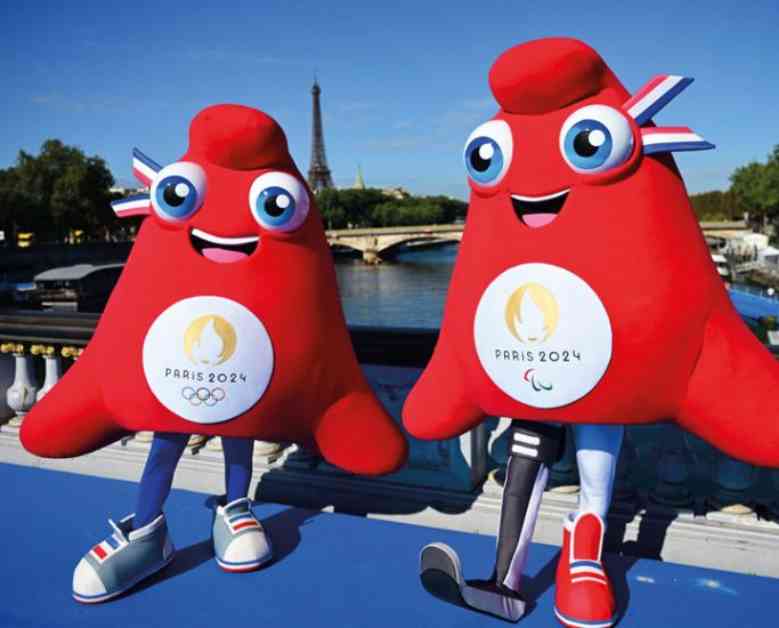Scientists are actively conducting research to support the success and development of the Olympic and Paralympic Games this summer. While some argue that this research should not take place at the games, others believe it is essential for innovation and athlete safety.
Yannis Pitsiladis, a sports scientist at Hong Kong Baptist University and member of the International Olympic Committee’s medical and scientific committee, is leading a team of scientists to conduct research at the Paris Olympics. This research includes measuring ambient temperatures and monitoring athletes’ vital signs using sensors. Professor Pitsiladis believes that conducting research at the games is crucial to test innovations that could potentially save lives or prevent athletes from getting hurt.
Vicky Tolfrey, director of the Peter Harrison Centre for Disability Sport at Loughborough University, has been working with wheelchair rugby and tennis players on cooling strategies to prevent overheating. Her research is conducted in laboratories and test events ahead of the games, with embedded scientists assisting athletes with physical preparation strategies.
While some resistance exists from chief medical officers and scientific committees, both Professor Pitsiladis and Professor Tolfrey believe that scientific research is crucial for athlete performance and safety. They emphasize the importance of conducting research responsibly and within certain rules to avoid harm.
Overall, the collaboration between scientists and athletes is essential for pushing boundaries, improving health outcomes, and enhancing the overall Olympic and Paralympic Games experience. Through responsible research practices, scientists aim to make a positive impact on the world of sports and beyond.
